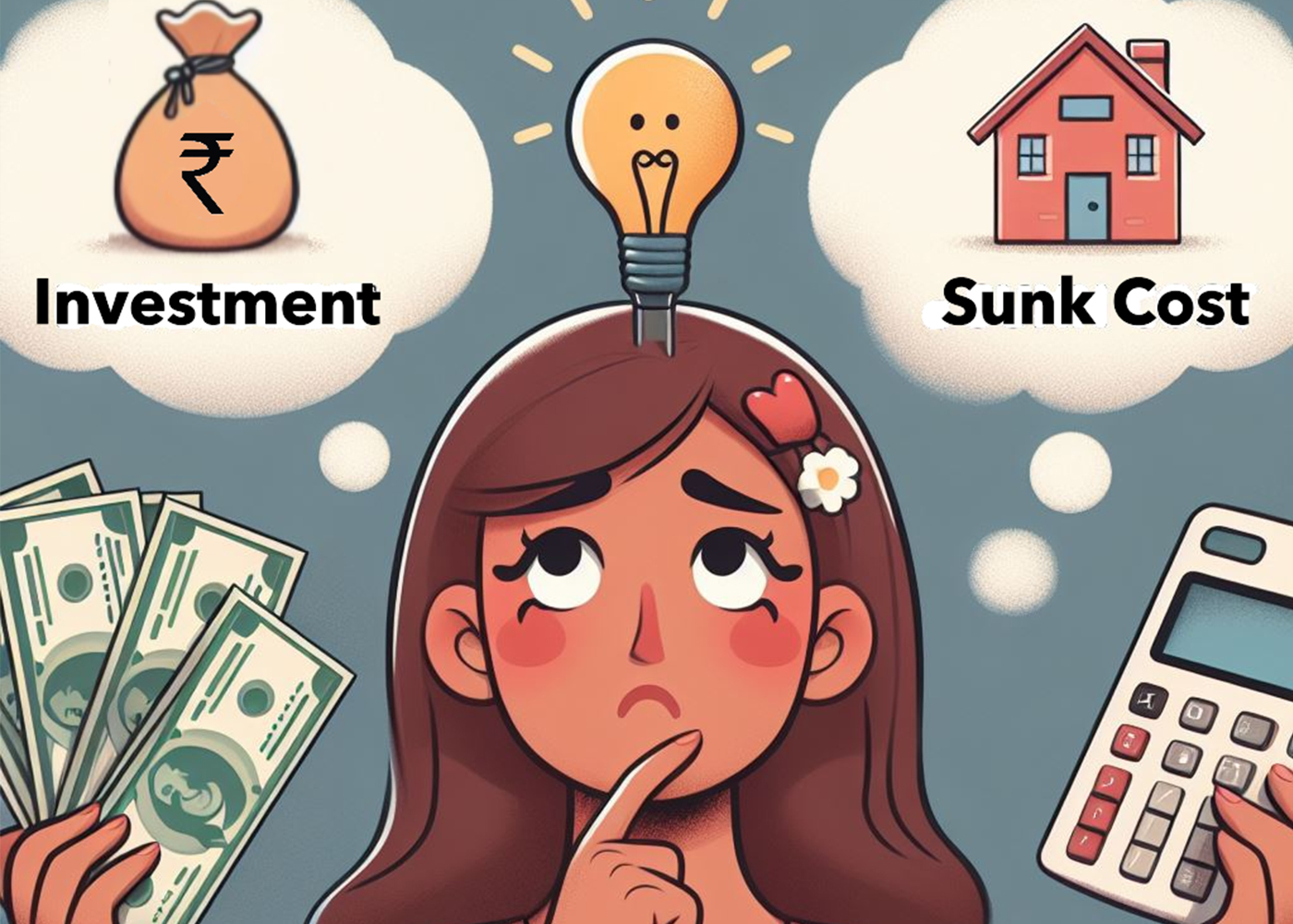
When it comes to purchasing a home, particularly for first-time homebuyers, navigating the complexities of financing can be daunting. One common misconception that often plagues prospective homeowners is the notion of the down payment. Let's delve into this topic to understand its significance and potential as an investment.
Before we delve deeper, let's establish a clear definition of the down payment. Simply put, the down payment is the initial upfront payment, “equity” or a percentage of the home's purchase price and is paid upfront at the time of closing. It's a crucial component of securing a home loan to help you transition into a new home with a calculated yet minimal financial strain (Explained in our series here). Down payment further signifies your skin in the game for the lenders to determine your loan to value ratio (LTV Explained here) as part of this serious transaction.
Alright, let's tackle the core question head-on: is the down payment genuinely an investment? Unquestionably so. Although committing to a significant down payment may imply parting ways with a slice of your current savings, you're effectively ensuring that home equity accumulates much more swiftly while ensuring that you are paying only a fraction of the price.
Remember that down payment is always the “equity’ value of the home that you are purchasing and any increase in value of the house over time adds to this equity. Home equity may come off as one of those sophisticated financial terms your investment-enthusiast friend casually mentions at social gatherings, but really, it's far from complex. It boils down to the difference between the current market value of your property and the outstanding balance on your loan—think of it as a safety net for your finances or simply that portion of your home you can confidently claim as fully yours. Whether discussed over dinner parties or social gatherings, remember that home equity signifies not just a concept but also real ownership.
Now the pundits may point to the fact that investing in stocks or even gold far outweigh the slow returns of real estate. Here is why most of them are wrong. Majority of the returns are calculated on the basis of seeing an x amount of value invested over time across these asset classes. And then citing opportunity costs, people are made to believe that stocks far outperform real estate. Consider this article from https://www.financialexpress.com/money/how-rs-100000-in-indian-equities-gold-real-estate-and-us-stocks-has-grown-in-20-years-3126741/ which outlines the benefits of having invested 1 lakh in asset classes in the last 1,3,5,10,15 and 20 years
What it overlooks is the power of leverage in real estate. Simply put, a 100 rs investment 20 years back would have only accounted for 20 from your pocket (given that real estate offers debt options) and now when considering on pure return basis, real estate is a powerful wealth creator. Adding to it, the safety cushion of an asset backed security and tax benefits, real estate might actually outweigh most of the available asset classes
|
|
|
|
Returns (%) |
|||||
|
|
Amount invested |
Debt |
1 year |
3 year |
5 years |
10 years |
15 years |
20 years |
|
Stocks |
100 |
|
12.9% |
26.1% |
12.9% |
13.3% |
10.6% |
17.6% |
|
Gold |
100 |
|
14.2% |
7.6% |
13.1% |
7.5% |
10.3% |
12.0% |
|
Real Estate (Overall Returns) |
100 |
80 |
6.0% |
4.8% |
5.2% |
4.8% |
6.5% |
9.0% |
|
Real Estate (Returns on Home Equity)[1] |
20 |
|
12% |
8% |
10% |
8% |
13% |
16% |
|
[1]: The returns have been adjusted for interest payments for home loan assumed at an average of 8% per year. The returns do not account for taxation benefits |
||||||||
In summary, the down payment is not just a financial requirement – it's a strategic investment in your future. By prioritizing savings and diligently planning for your down payment, you can unlock the door to homeownership and pave the way towards building long-term wealth.